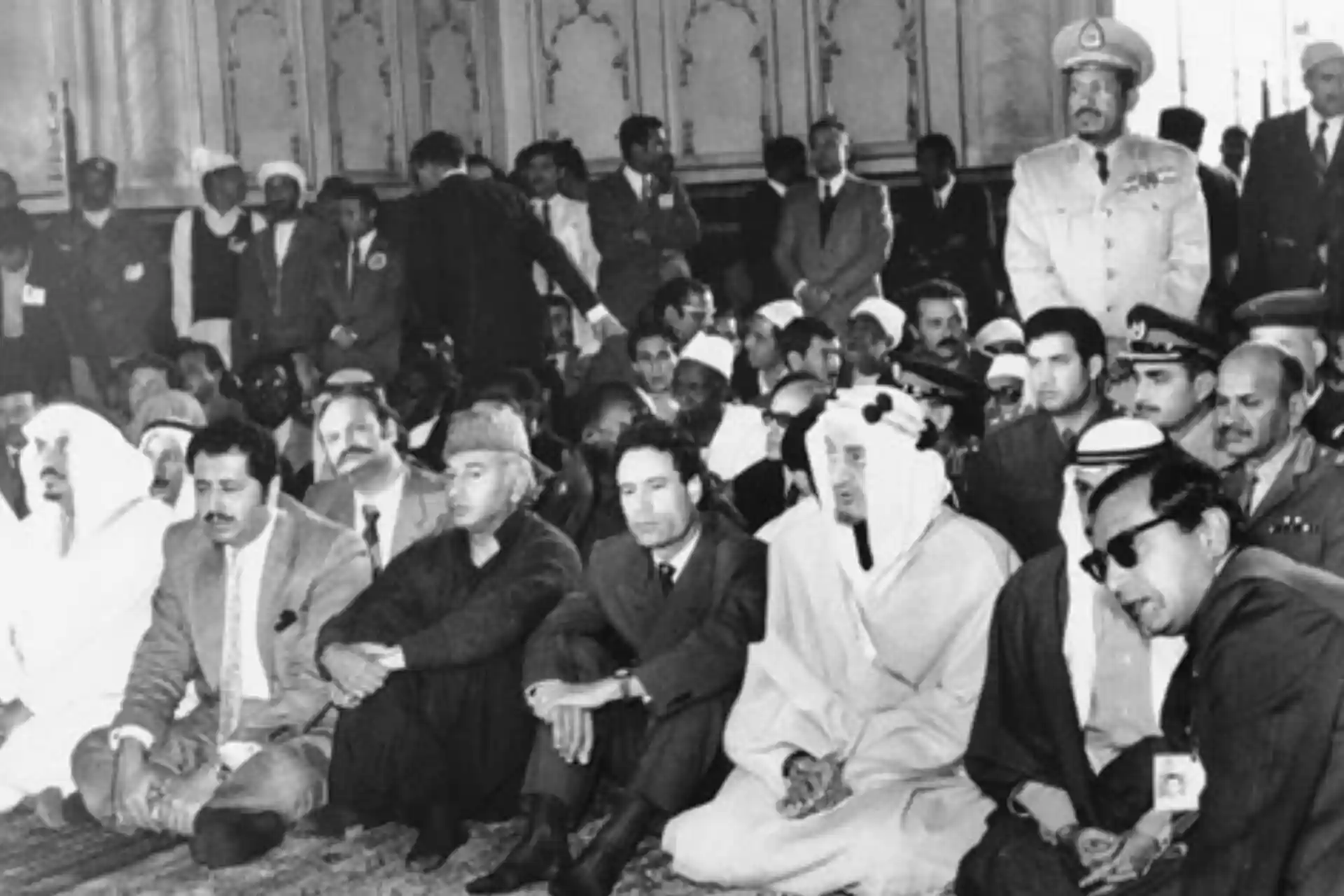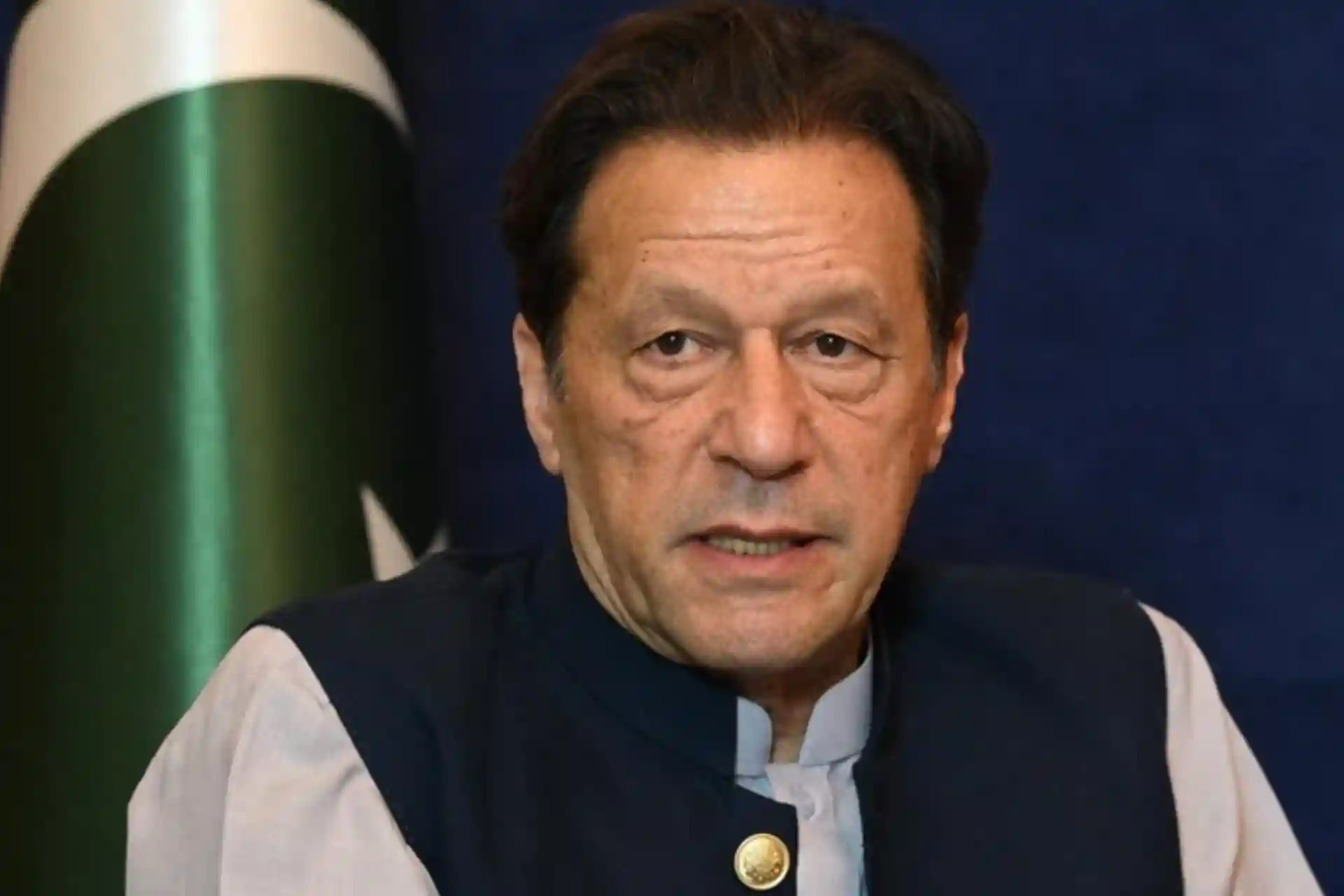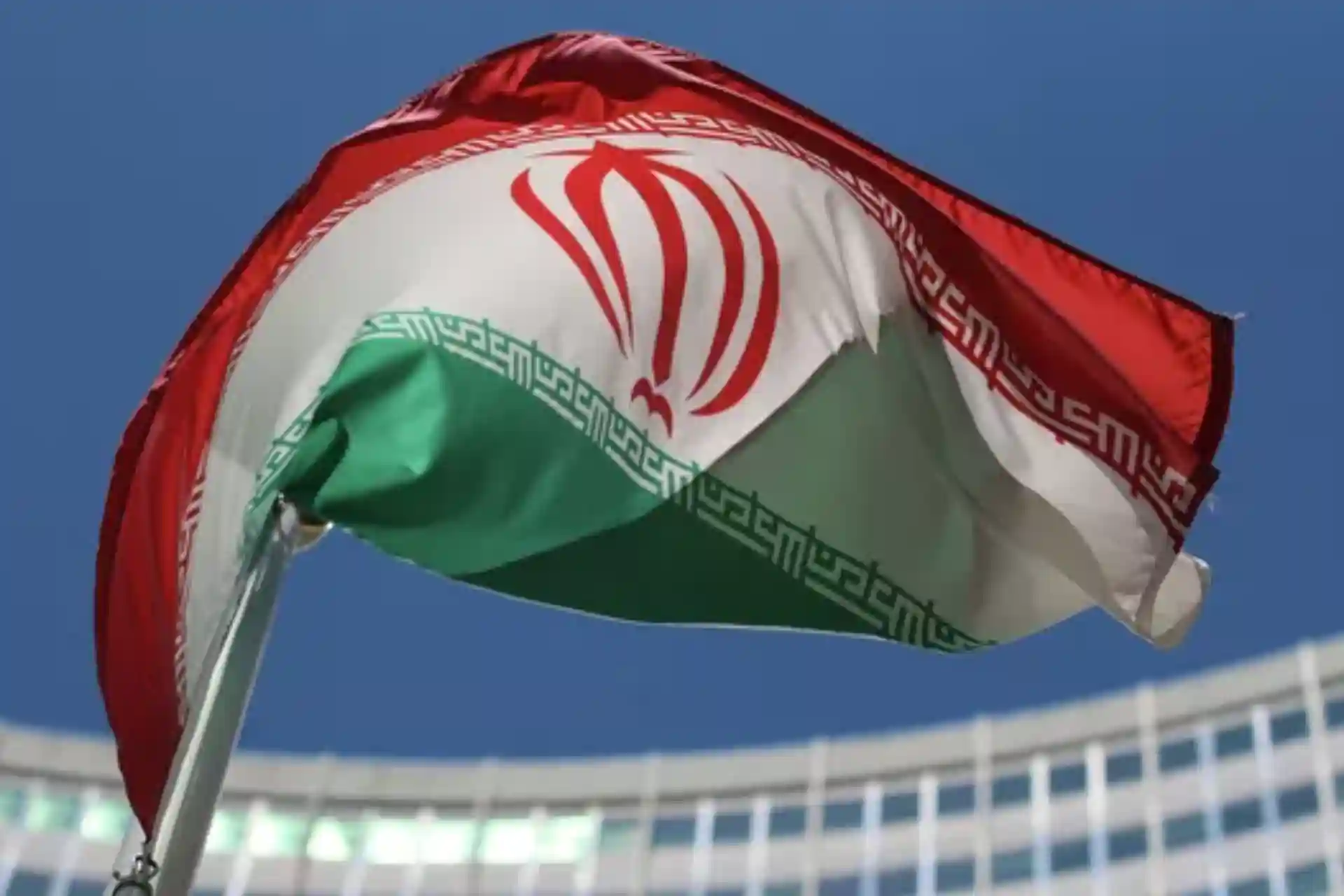16.07.2025 09:44
1000
Why were Muslim leaders gathered in Pakistan killed one after another?
In February 1974, the second summit of the Organization of Islamic Cooperation was held in Lahore, Pakistan: this historic meeting was attended by the leaders of more than 35 Muslim countries. It was a rare moment of unity in the Islamic world. In the context of the 1973 Arab-Israeli war, the energy crisis, and the decline of Western colonial influence, the Muslim world tried to establish itself as an independent, strong, and civilizing force.
The summit was initiated by Pakistani Prime Minister Zulfikar Ali Bhutto. This summit was historically significant for several reasons:
Pakistan officially recognized Bangladesh, allowing Sheikh Mujibur Rahman to attend the summit, a step toward normalizing relations in South Asia.
The Palestine Liberation Organization, led by Yasser Arafat, was recognized as the sole legitimate representative of the Palestinian people.
It was proposed to establish an Islamic Development Bank, strengthen cooperation in science and education, and develop a unified strategy for energy policy. That is, the idea of using oil as a tool for pressure on the West was put forward.
This was one of the first steps taken by the Islamic world towards political, economic, and ideological independence.
But it was from this moment that a series of tragedies began. Many leaders attending the Lahore summit were attacked, tortured, or mysteriously murdered. These events later became known as the "Curse of Lahore."
Looking at historical data:
Sheikh Mujibur Rahman was executed along with his entire family in a military coup in August 1975.
Zulfikar Ali Bhutto was hanged in 1979 by a military regime in a staged trial.
Egyptian President Anwar Sadat was shot dead by his own soldiers during a military parade in 1981.
Yasser Arafat was officially declared dead in 2004 from a stroke, but many believe he was poisoned.
Muammar Gaddafi was captured and brutally killed in 2011 following NATO's intervention in the internal affairs of the independent country.
King Faisal of Saudi Arabia was assassinated by his cousin in 1975 - this happened after he initiated an oil embargo against the United States.
Is all this a coincidence? Or is it a heavy price paid for the attempt to unite the Islamic world and escape the clutches of colonialism?
The Lahore Summit of 1974 could have been a turning point in the history of the Islamic world. But it became an event remembered not as a historic opportunity, but as a tragic one. The early Islamic unity movement was crushed by global hegemons armed with oil, finance, and military might. Every independent-minded leader was eliminated from the world political scene. The Lahore Summit became a symbol of a lost opportunity for the Muslim world. This means that Muslim unity is considered the greatest threat to the current global order.



